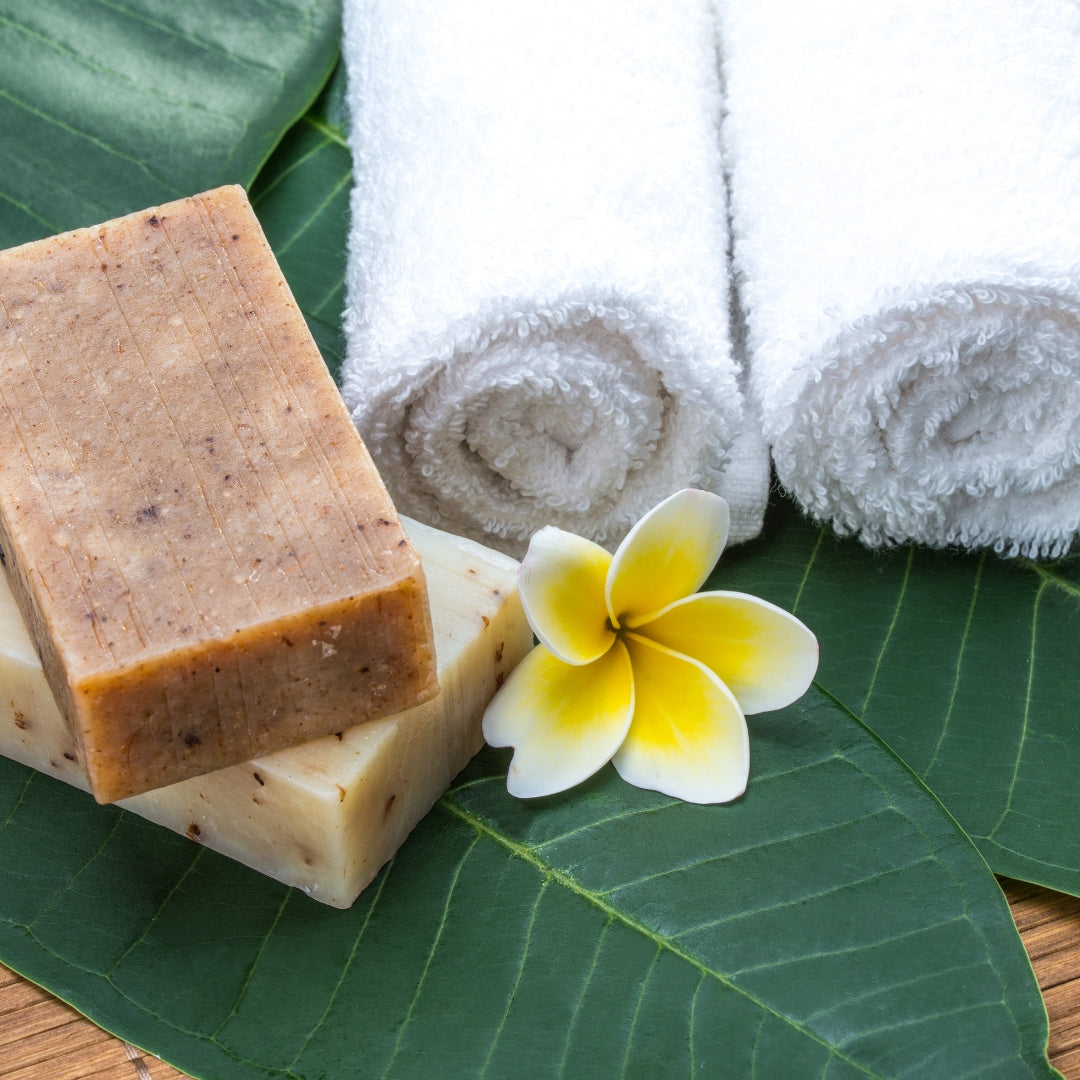In today's skincare landscape, there's a growing interest in natural and gentle products, and scent-free body soap is no exception. As people become more aware of the potential harm caused by artificial fragrances in skincare products, the demand for scent-free alternatives is on the rise. In this blog, we'll explore the benefits of using scent-free body soap and why it may be the perfect choice for maintaining healthy, happy skin.
Understanding Scent-Free Body Soap
Scent-free body soap, as the name suggests, is devoid of artificial fragrances and typically contains minimal or no added scents. Its primary purpose is to cleanse the skin without the risk of irritation or allergic reactions caused by synthetic fragrances. This type of soap is specially formulated to be gentle on the skin, making it suitable for individuals with sensitive skin, allergies, or other skin conditions.
The Benefits of Scent-Free Body Soap
Using scent-free body soap offers a multitude of benefits for skin health. Firstly, it helps maintain the skin's natural moisture balance by cleansing without stripping away essential oils. This prevents dryness and dehydration, leaving the skin feeling soft and supple. Additionally, scent-free soap reduces the risk of irritation and allergic reactions, making it ideal for those with sensitive skin or conditions like eczema.
Key Features of Scent-Free Body Soap
When choosing scent-free body soap, it's essential to look for certain key features. Opt for products that contain gentle cleansing agents, such as natural oils or plant-based surfactants, to ensure a mild yet effective cleanse. Moisturizing ingredients like glycerin or shea butter can help hydrate the skin, while pH-balanced formulas maintain the skin's natural acidity, promoting optimal skin health.
Scent-Free Body Soap vs. Fragranced Soap
One of the main differences between scent-free body soap and traditional fragranced soap lies in their ingredients. Fragranced soaps often contain artificial fragrances, which can be harsh and irritating to the skin, particularly for those with sensitive skin or allergies. In contrast, scent-free body soap eliminates this risk, offering a gentle and non-irritating cleansing experience. This makes it a safer and more suitable option for maintaining overall skin health.
How to Choose the Right Scent-Free Body Soap
Selecting the best scent-free body soap for your skin type involves considering various factors. Look for products that are specifically formulated for sensitive skin and free from common irritants like sulfates, parabens, and dyes. Reading user reviews can provide valuable insights into the effectiveness and tolerability of different products. Popular brands known for their commitment to quality and natural ingredients are excellent choices to explore.
How to Use Scent-Free Body Soap Effectively
Incorporating scent-free body soap into your skincare routine is simple and straightforward. Use it daily during your shower or bath, applying it to damp skin and lathering gently. Avoid using excessively hot water, as this can strip the skin of its natural oils and lead to dryness. After cleansing, pat the skin dry with a soft towel and follow up with a fragrance-free moisturizer to lock in hydration and keep your skin feeling smooth and nourished.

Conclusion
By incorporating scent-free body soap into your daily skincare routine, you not only protect your skin from potential irritants but also contribute to a more sustainable and eco-friendly approach to personal care. With the increasing demand for natural and gentle skincare products, scent-free body soap has become a staple for individuals seeking a clean and uncomplicated cleansing experience. Remember to prioritize your skin health by opting for products that nourish and protect your skin's natural barrier, allowing you to embrace your natural scent with confidence and grace. Take the first step towards healthier skin today and unleash the power of scent-free body soap for a brighter, smoother, and more radiant complexion.
Disclaimer
The information provided in this blog is for informational purposes only and is not intended to replace professional medical advice, diagnosis, or treatment. Always seek the advice of your physician or other qualified health provider with any questions you may have regarding a medical condition.

